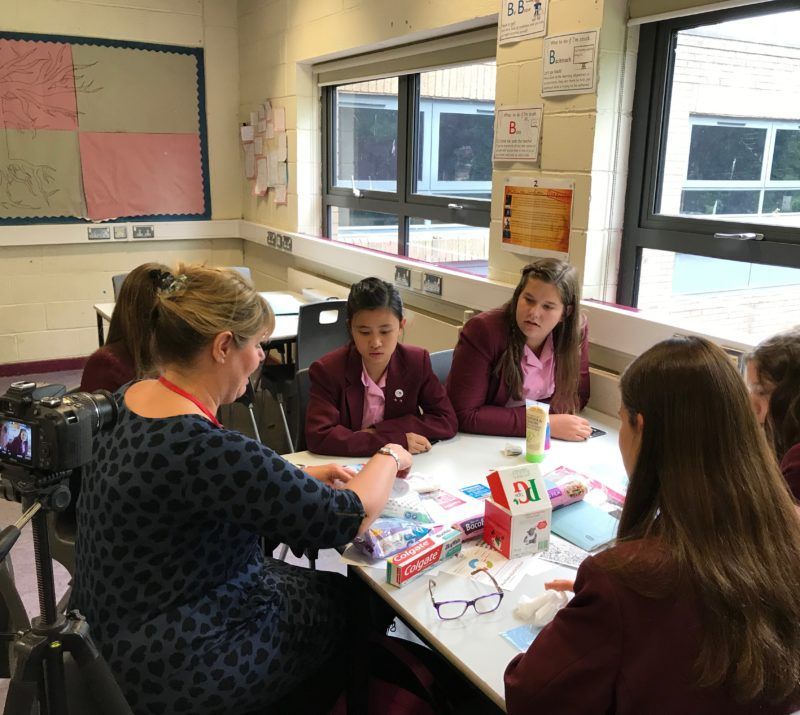How schools and teachers can help us fight environmental issues

Sustainability has never been higher on the global agenda. It is dominating conversations at work and home, and recently, we have been sparking debate in schools across the UK to teach children about how they can have a positive impact on the environment.
The environment is under greater pressure than ever, having been damaged by the actions of older generations, but it is the young and future generations who have the biggest opportunity to have a positive impact and help us address environmental issues including fat, oil and grease (FOG) disposal, the problem with wet wipes and plastic pollution.
Schools and teachers must take action to establish good habits among pupils, and in this blog we’ve compiled a number of ways that they can do so.
Establishing eco clubs
Eco clubs provide a way for schools, teachers and pupils to improve their knowledge and understanding of environmental issues. Establishing a forum where children can share ideas on how to improve their school’s sustainable performance, as well as address eco issues faced outside of the school walls, is one of the simplest but most effective changes that schools can make.
Not only do these clubs benefit the children, they can also help schools better manage their facilities – for example, setting targets to reduce paper or electricity usage could help reduce operational costs in the long term.
We have begun working with schools to raise awareness of environmental issues, and have witnessed first-hand just how interested and engaged pupils are with these topics, despite many of them not having any previous involvement in eco initiatives; but in our experience it has been concerning that few schools had initiatives in place, such as eco clubs, to harness this engagement and instigate positive change.
Continual improvement
Schools should never rest on their laurels, particularly those that have already established the sustainable basics, as there is always more that can be done to encourage positive change. Those with the desire to embed eco-consciousness in every aspect of their school should consider registering with Eco-Schools, a global, pupil-led programme that empowers children to have a positive impact on the environment.
There are more than 32,000 schools in the UK, but only just over half (18,000) of them are currently registered members of Eco-Schools. Committing to a programme like this may be too onerous for schools just starting on their eco journey, but that is not to say that they cannot aim to become a registered member in the future.
Making a difference
Sustainability is a growing issue worldwide, but small changes can have a very big impact. Lanes for Drains is on a mission to educate the public, starting with school children, about how protecting our drains and sewers has a positive impact on the environment and we have created unique lesson plans and educational resources to support teachers.
Recently, there has been lots of interest in fatbergs – congealed lumps of (FOG), condoms, wet wipes, tampons, sanitary pads and cotton buds – and Lanes has developed a lesson that teaches primary school children about what should and shouldn’t be disposed of down drains, building an army of ‘Fatberg Fighters’ who can monitor how their families dispose of waste. We have also delivered lessons in secondary schools to teach pupils about how to correctly dispose of ‘hidden plastics’ and improve their environmental footprints.
The comprehensive lesson plans are downloadable via our educational resources page, providing teachers with everything they need to deliver effective and exciting eco-focused lessons.
Delivering tailored lessons, establishing eco clubs, and joining professional programmes are just some of the ways that schools can engage pupils in initiatives to drive sustainability – but effective engagement with pupils must be at the core of each in order to be successful and instigate positive change.







